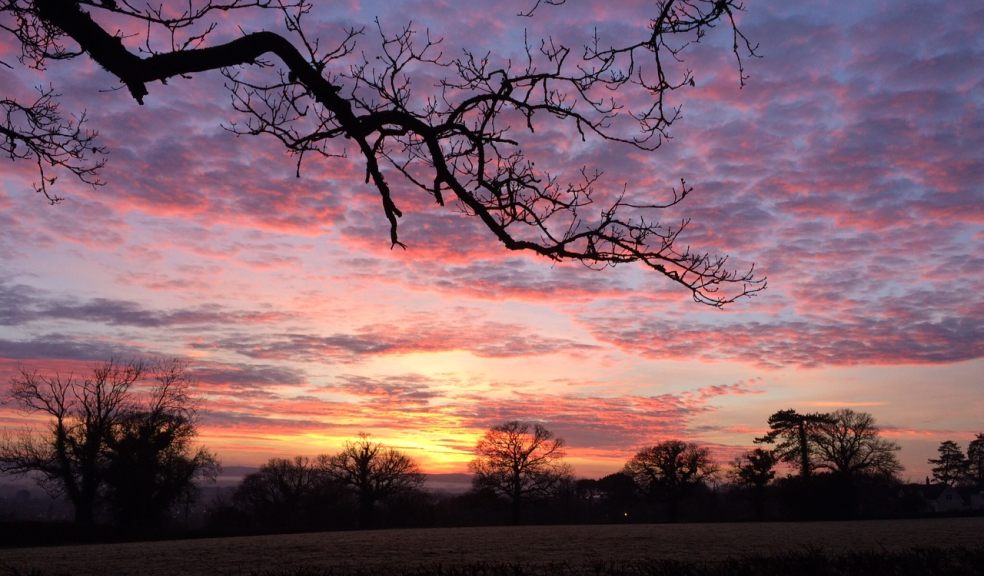
Hoping for a hopeful new dawn
In recent years politicians and decision makers around the world have been drawn to appealing to the human emotions of fear and hatred for their backing and support. It is clear that motivations such as ‘tribalism’ (expressed in prejudicial racism, sexism, nationalism, etc.) and ‘desire’ (culminating in global consumerism) have been woven into political discourse in ways maybe not so generally seen since the 1920s.
This rhetoric has coincided with enormous austerity cuts to welfare services, lower wages and also widespread deregulation of rules governing corporate economic behaviour. Whilst the public sector has been shattered, the doors have been opening wide to private sector engagement with service delivery in schools, hospitals, prisons, railways, utilities and so on.
In my view, this combination of appealing to negative human feelings and the fragmentation or destruction of commonly owned assets played out in last year’s EU Referendum and is currently strongly embedded in our society. We are immersed in suspicion, selfishness and the search for personal acquisitiveness. The widening gaps between the very rich and the very poor have not been greater since Victorian times.
One of the consequences is that those in the middle are fearful that what they have will be taken away, and this fuels the politics of fear and distrust. This is not a happy or healthy situation for democracy. It is taking its toll on our communities and on our planet.
These signs of the times are not hopeful. Waste, greed, disrespect and intolerance have been built in to our lives at huge costs. Our world is not stable nor sustainable, and as resources become scarcer, the competitive struggle for accessing them becomes fiercer. Witness the global race for acquiring fresh water supplies as regions become drier and multi-nationals take over local springs and streams in order to accelerate the sale of bottled drinks.
Motivational forces such as tribalism and desire in previous generations may have been important progressive features. There have been times when human groups have needed to be totally self-focussed and possessive.
My concern is that these features are not appropriate in a world where human and environmental rights need protecting not removing. Today more than anything we need forces of respect, justice and concern for vulnerable communities. Using more spiritual language, we need love!
Now is a moment to look forward to a year in which we challenge the political infants who seek to divide and fragment us. Now is a moment to look for justice for those who are systematically cast aside and pervasively ignored. Now is a moment for hard kindness and cooperative leadership.
‘Making Britain [or the USA or anywhere] great again’ can come at a cost to our wider humanity and the Earth we live on. Putting the UK first has to mean putting others last, and yet we are all humans together. There are no nations or tribes or places that are more significant than others.
It is our commonality as people which needs to be emphasised, not our superficial differences. It is our common home that needs preserving, not so-called values from a bygone age. It is the future that needs protecting, not our temporary borders.
Or is it too naive to be hopeful of a new dawn?
We don’t need to be religious to affirm that our world needs justice and healing, but if we are, surely, we cannot ignore the need to see a different way of living and to deliver this with others where we are? Of this is made the realm of God – to live respectfully and simply so we can all experience respect and hope in the months ahead.
This article originally appeared in Devon Green Churches News, January 2017



















